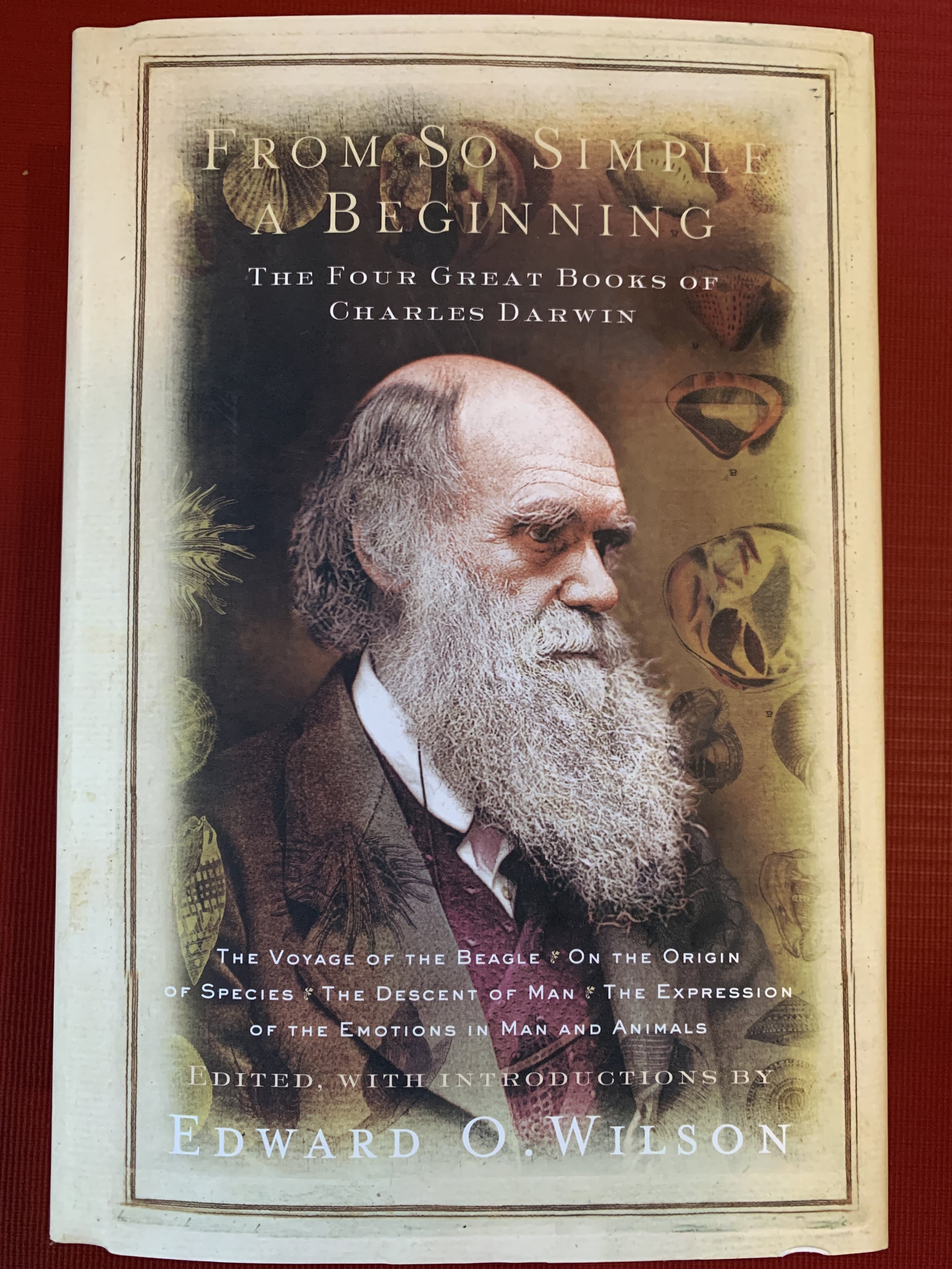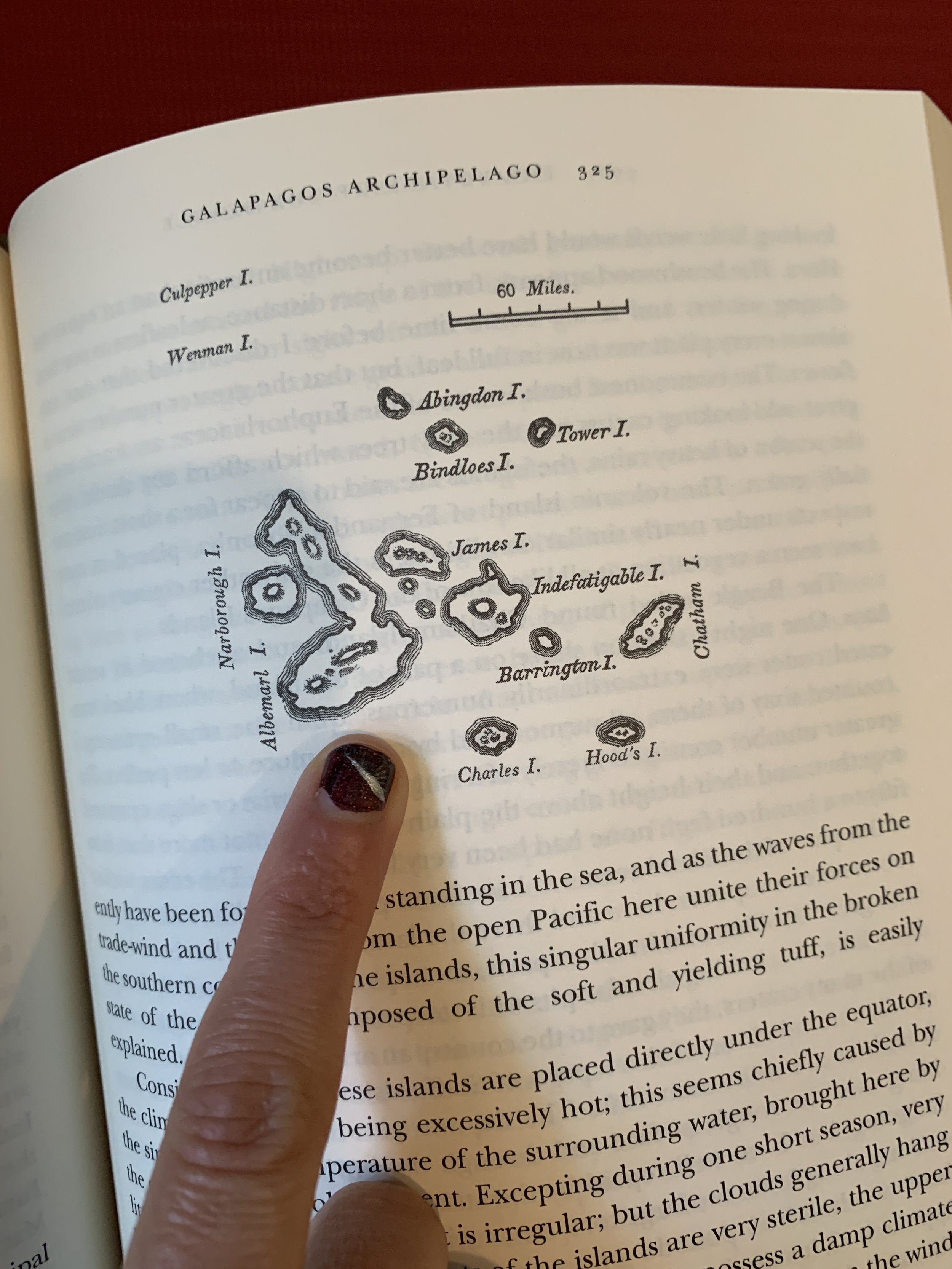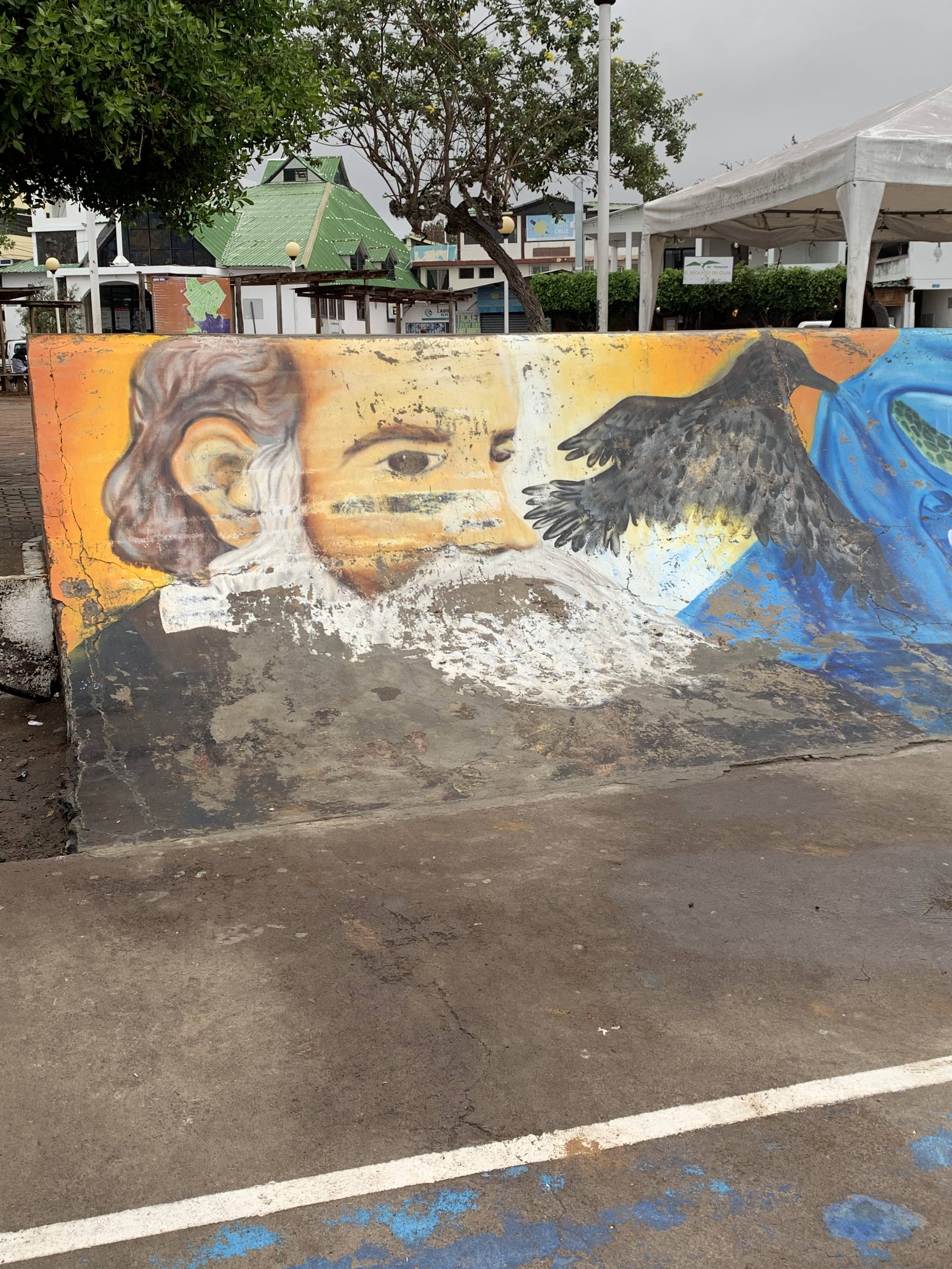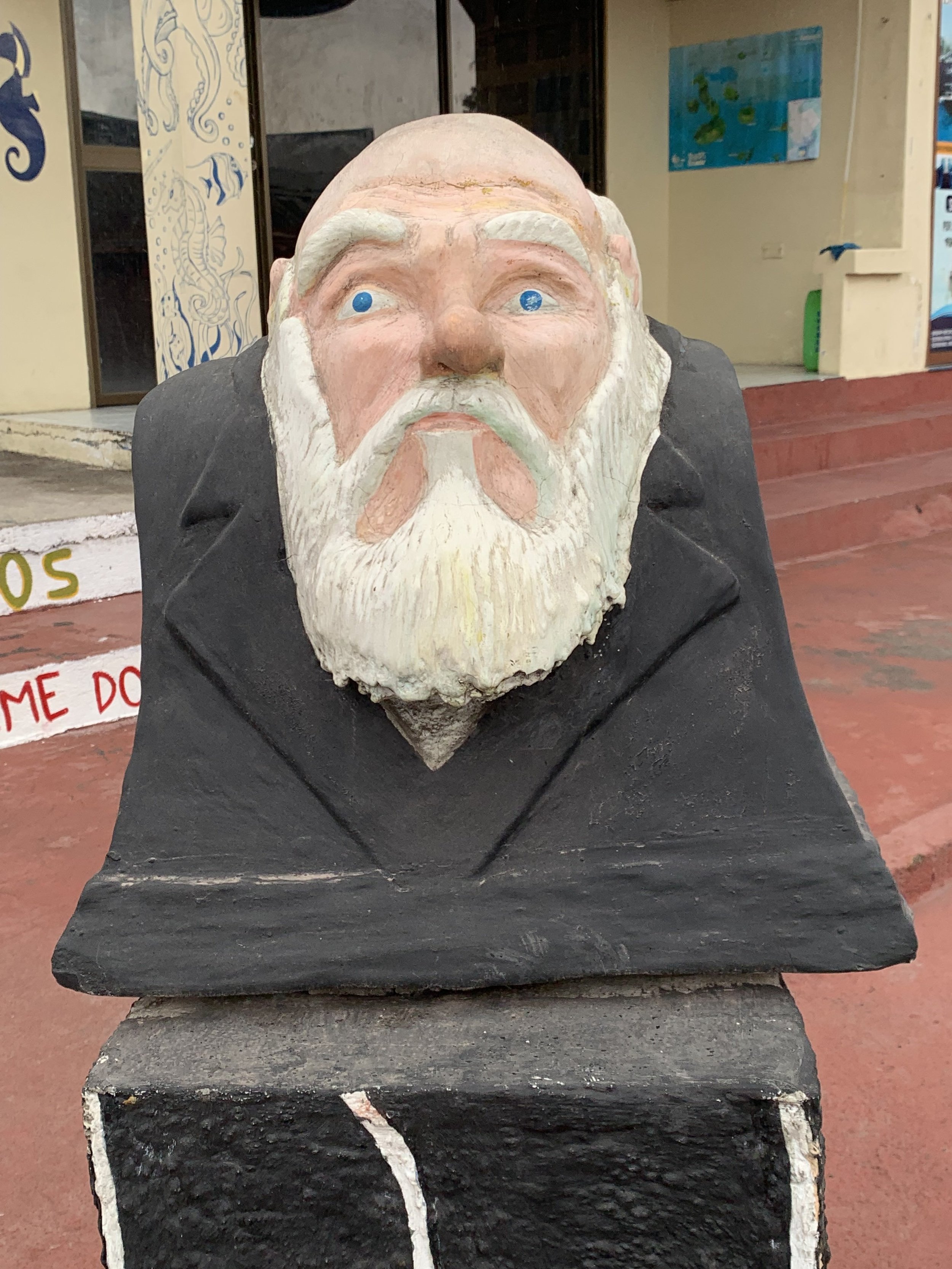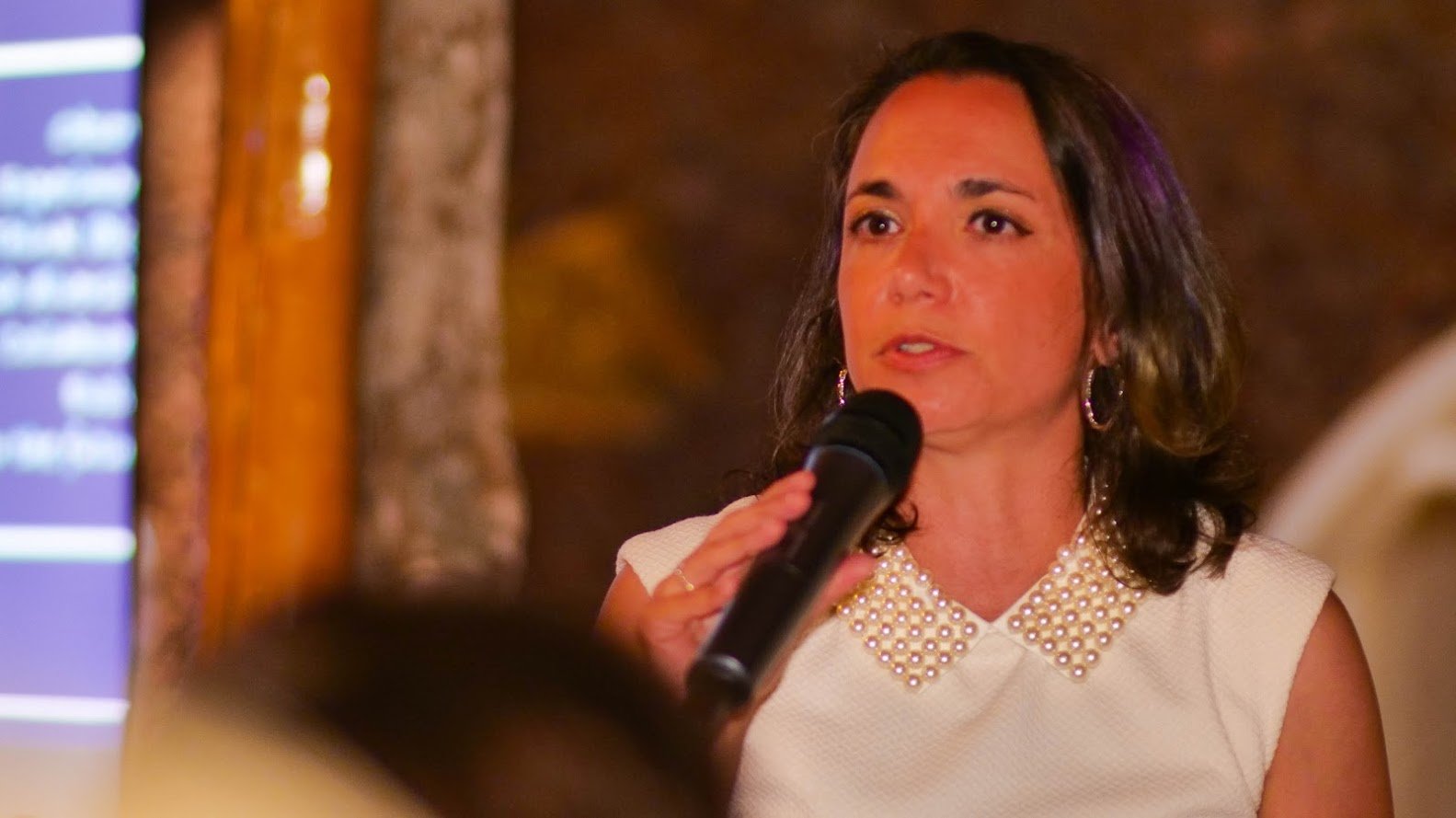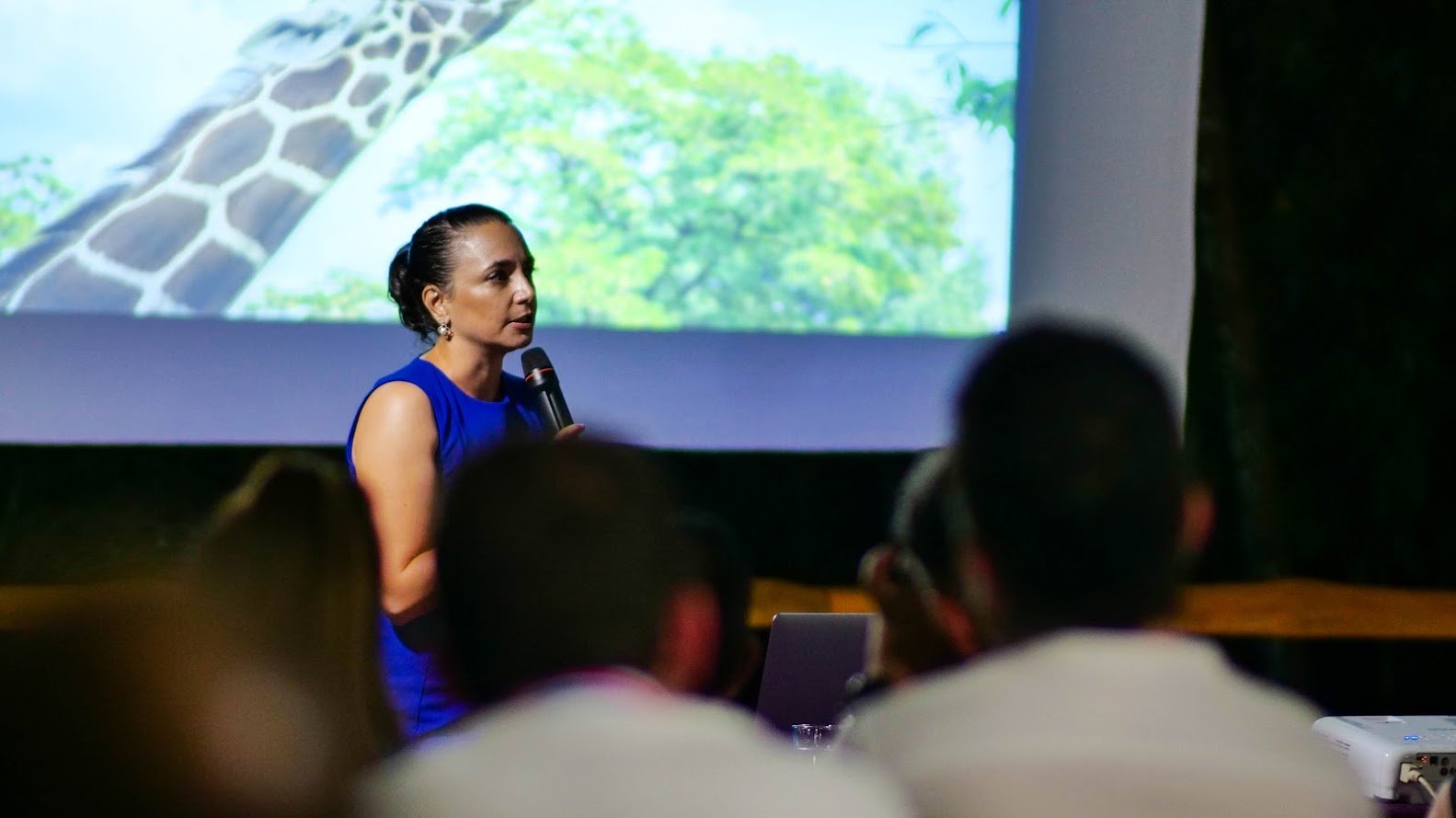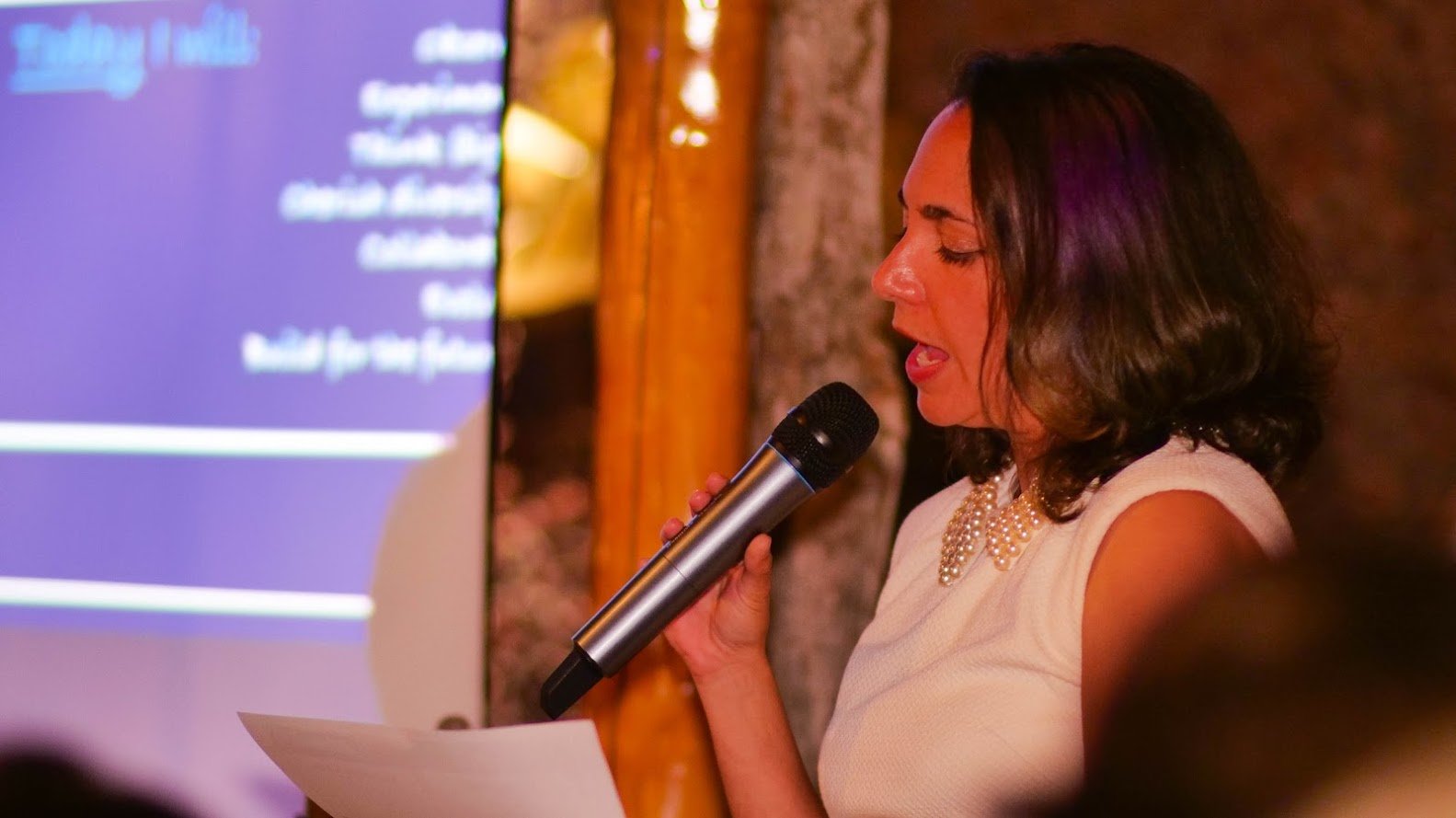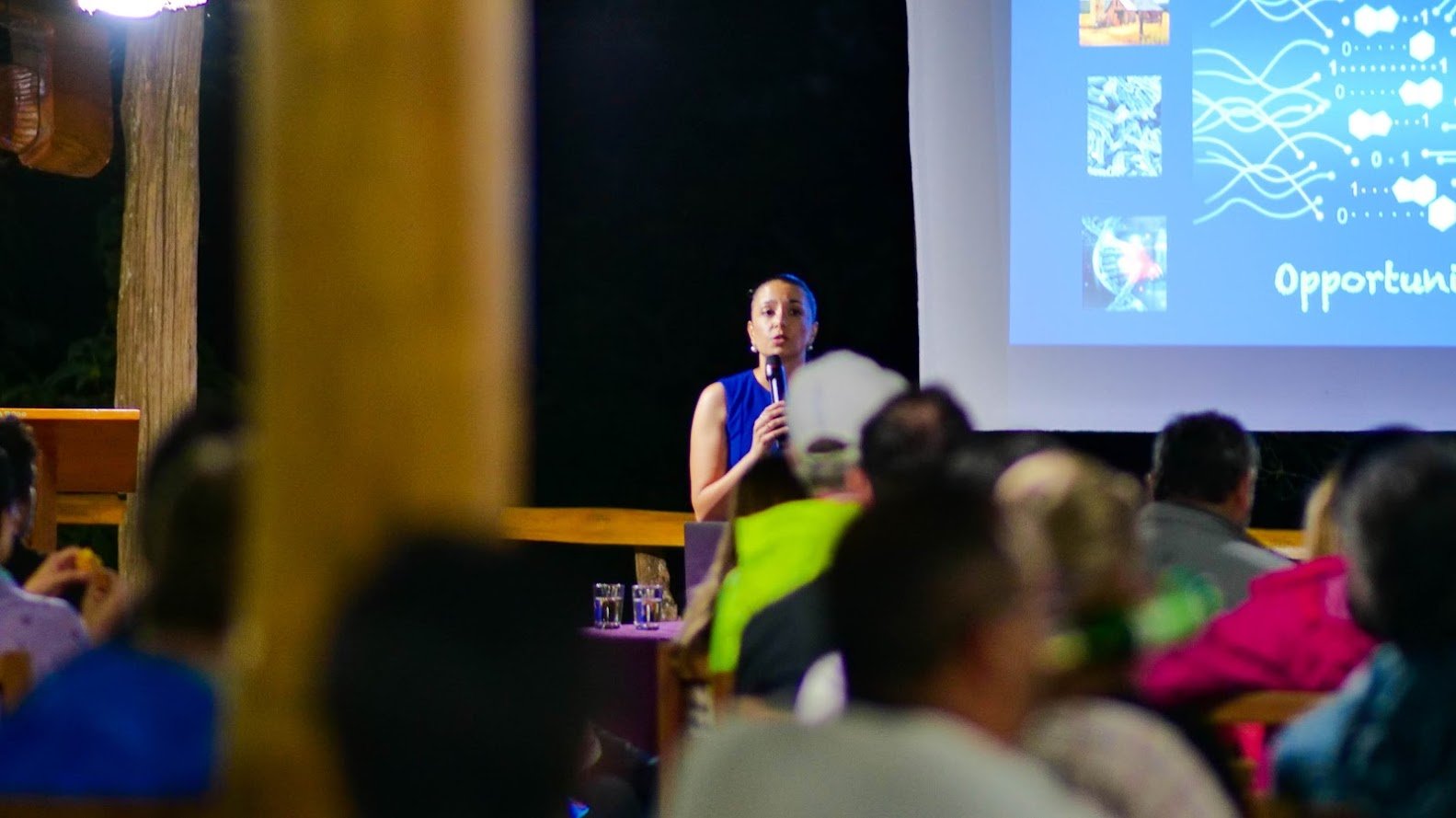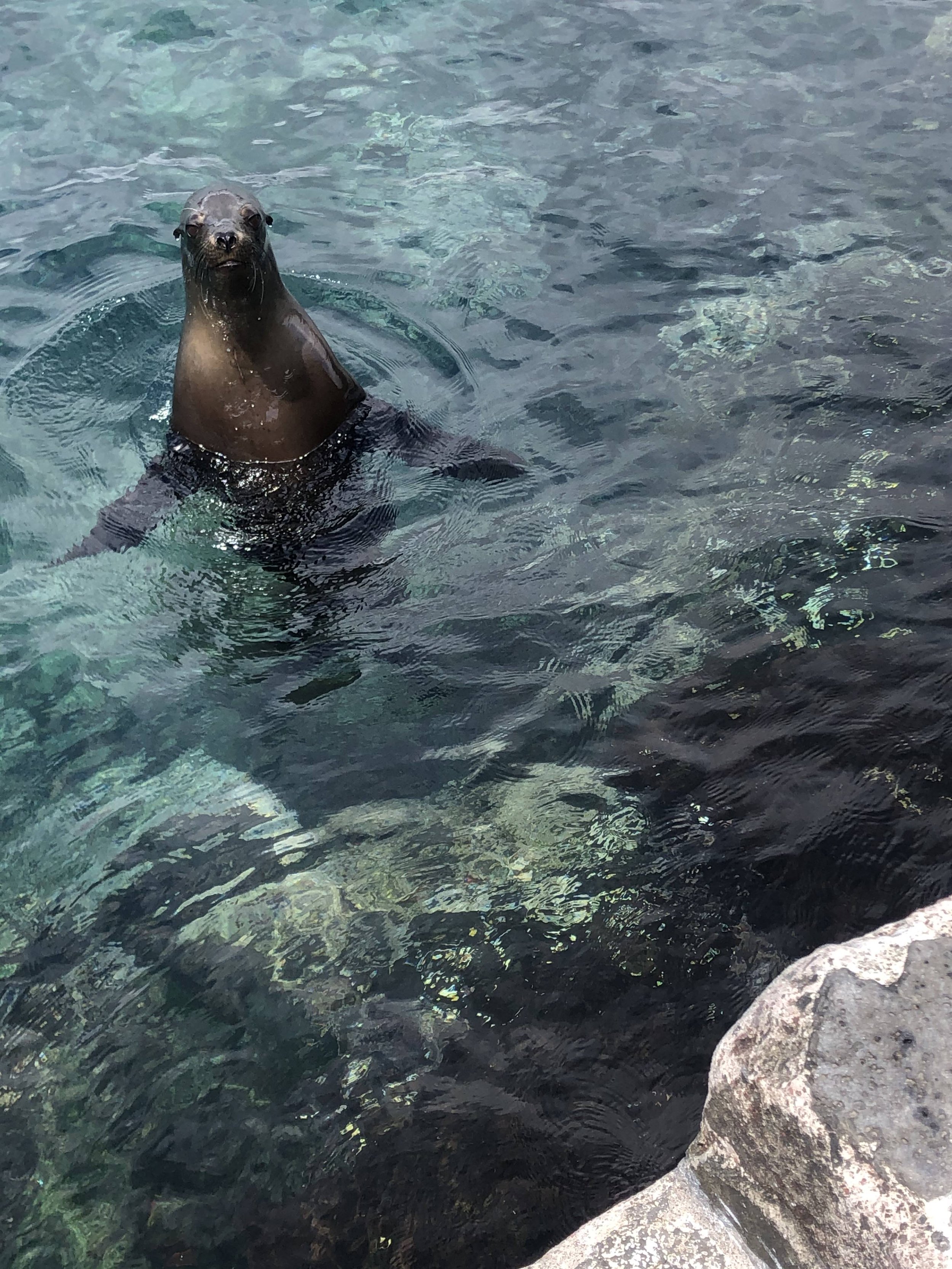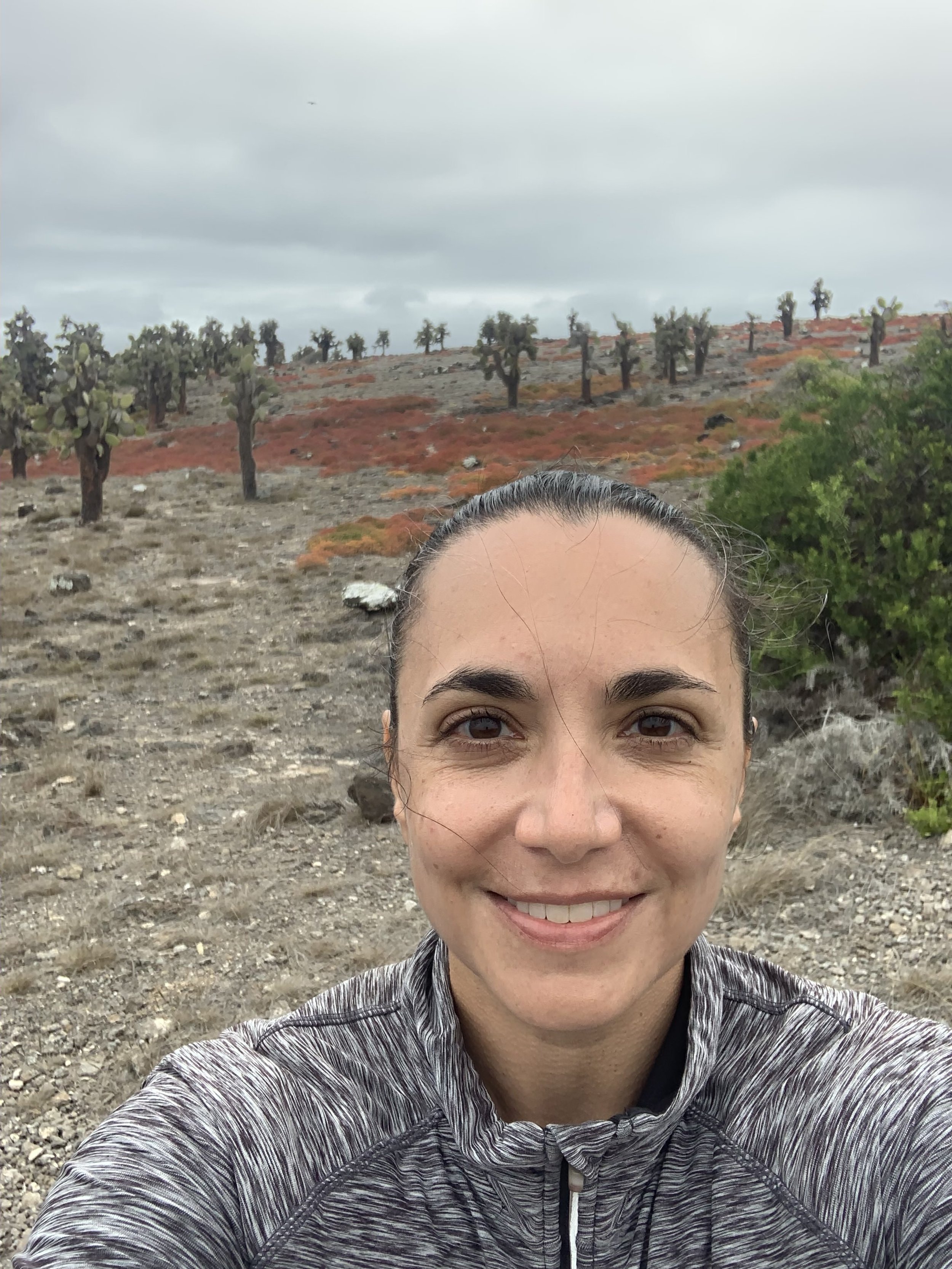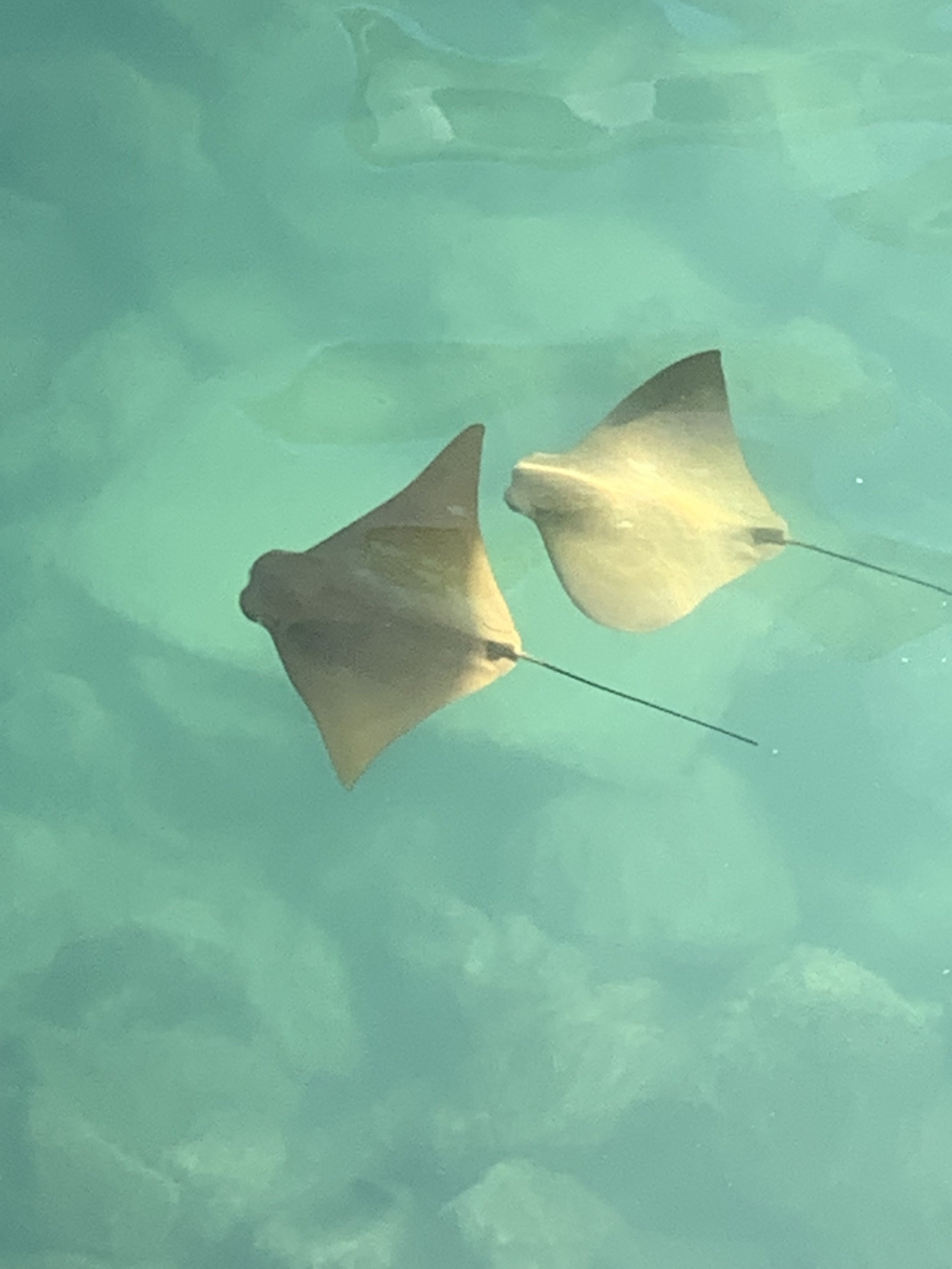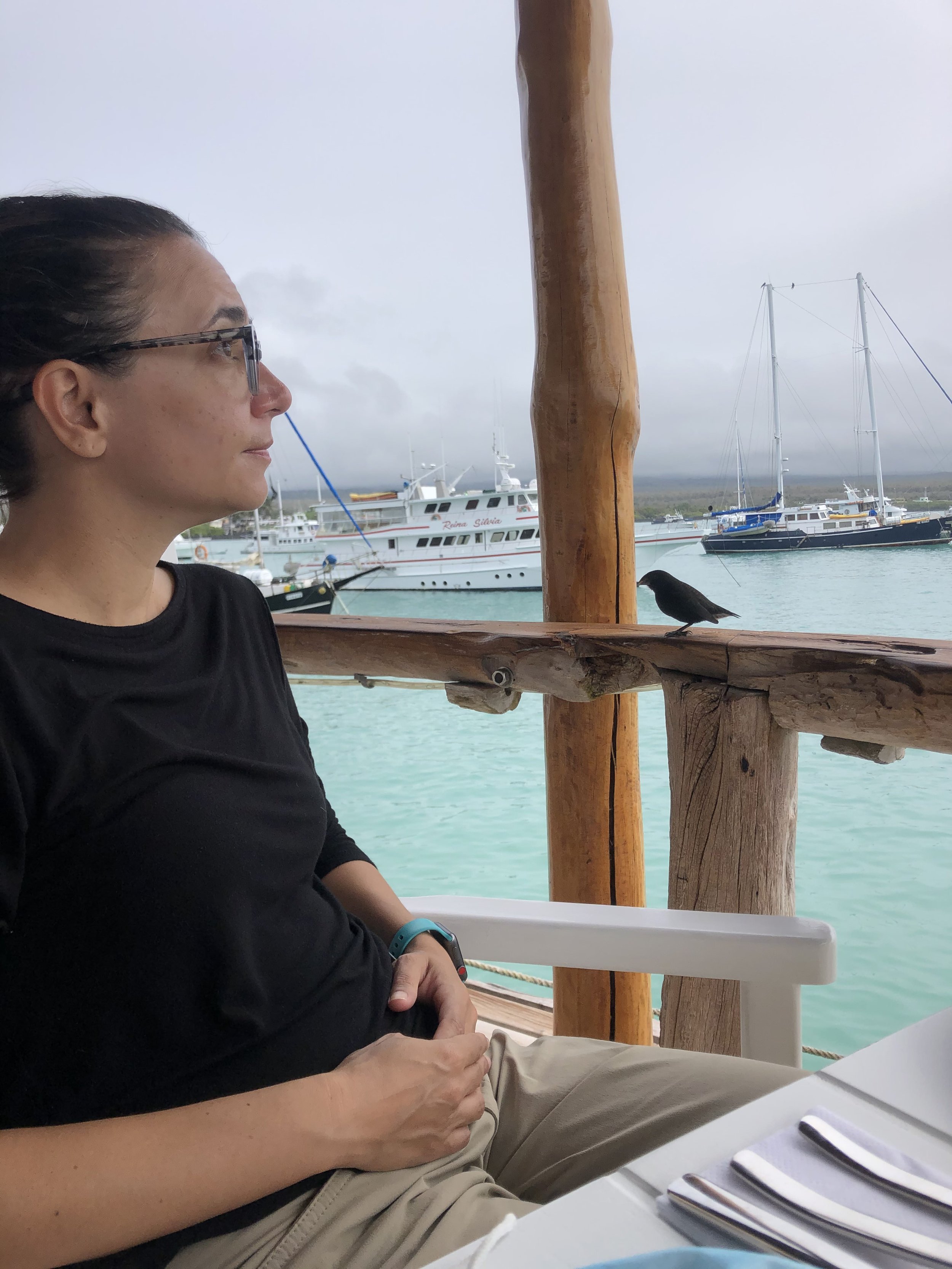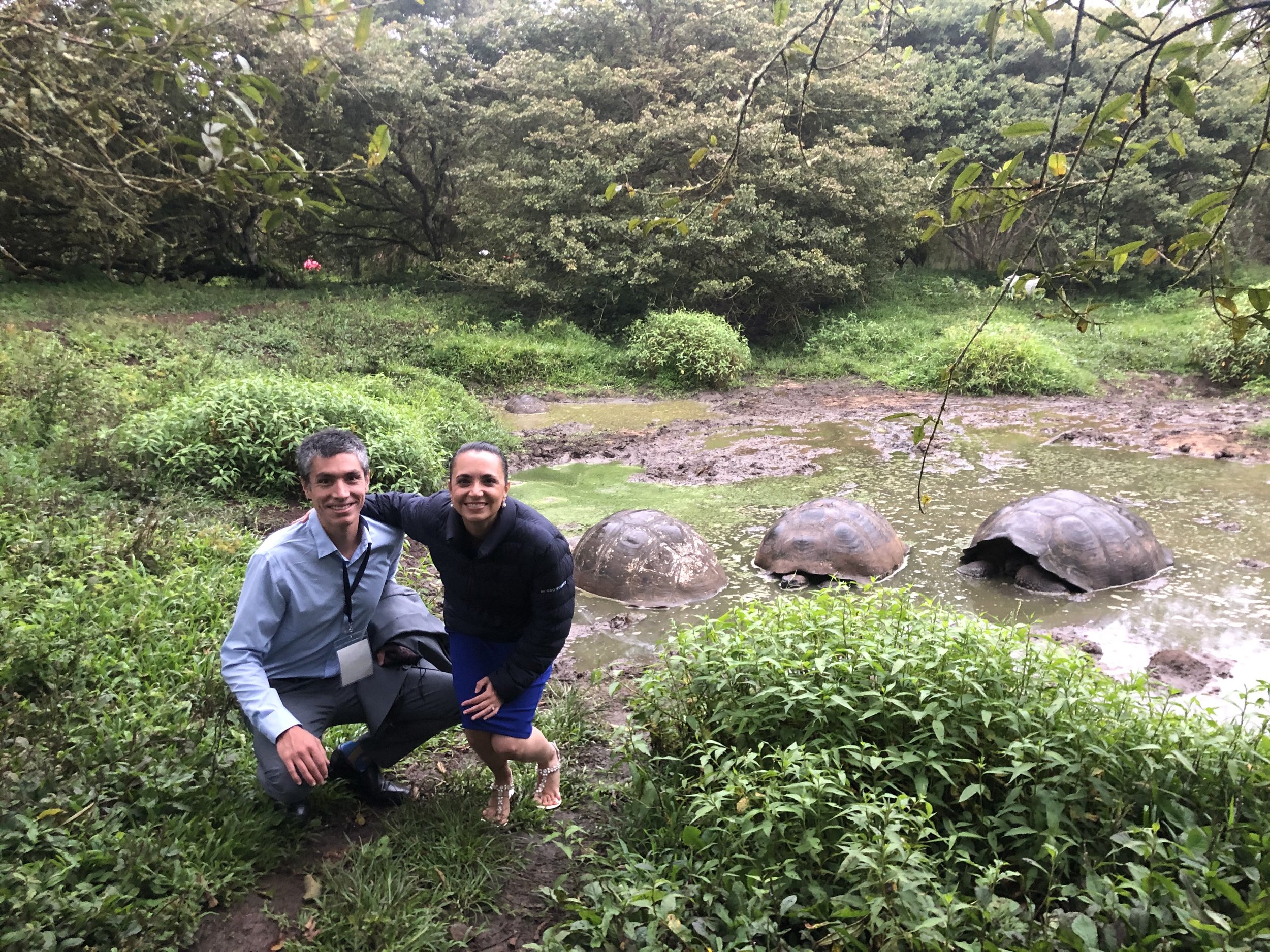Life Lessons for Leaders Inspired by the Voyage of the HMS Beagle
Dr. Tiffany Vora at Galapagos, joining a group of Latin American entrepreneurs in exploring Darwin’s leadership lessons.
On December 27, 1831, the HMS Beagle set sail for a 5-year journey around the world. On board was the 22-year-old naturalist Charles Darwin, a recent university graduate who, to be honest, wasn’t quite sure what he wanted to do with his life. Luckily for us, Darwin spent those 5 years observing, collecting, writing, and thinking. And then he returned home to England and spent another 20 years designing fairly small experiments that helped him think even more deeply about his ideas on evolution and selection.
Darwin’s story has been told many times, including by himself; The Voyage of the Beagle has been called one of the greatest travel books ever written. But there’s a lot to learn here beyond birds and beaks!
Here are three brief insights that I’ve extracted from Darwin’s life that could help support your growth as a leader.
First, observation is crucial.
Darwin’s journey around the world positioned him—nearly uniquely—to engage with a huge variety of living things and environments. Today, encourage yourself to closely observe the world around you. What are the key obstacles? What features underlie those obstacles? What are the local and global contexts, and how are they impacting the current situation and the job to be done?
Second, smart experiments don’t just test ideas, they make them better.
Back in England, Darwin bred pigeons on his farm, which revealed how body shapes could be transmitted among generations—the key idea he’d been wrestling with. What experiment can you design and run that will reveal critical information about your assumptions and your proposed solutions? What should you measure, and how? And what will you do with that information in order to design the next idea and the next experiment to test it?
Third, we need to take the time to think big.
Darwin spent an incredible two decades thinking, reading, and writing in order to develop his ideas about evolution.
💡 Although we move very fast in today’s world, it’s important to empower ourselves to probe our ideas, both broadly and deeply—and to surround ourselves with people who are willing to support us in that deep thinking.
That includes “competitors”! Do you know what prompted Darwin to finally publish On the Origin of Species? A letter from a young scientist who had independently reached almost the same conclusions!
A few months ago I was invited to the Galápagos to join a group of Latin American entrepreneurs in exploring Darwin’s leadership lessons for innovators.
It was an incredible experience, with an amazing group of global leaders. For a biologist, there’s nothing like Darwin and the Galápagos—those two words conjure a sense of wonder bordering on myth. Darwin wrote that each island “strikes me with wonder … one is astonished at the amount of creative force … displayed on these small, barren, and rocky islands ….” I agreed, completely.
And I think that’s perhaps the most important lesson from Darwin’s voyage. Understanding the world around us is exciting, fulfilling, and absolutely awe-inspiring. Even better: by collaborating on solutions to today’s greatest challenges, we build a better tomorrow for that world—and all the living things in it.
About Tiffany
Dr. Tiffany Vora speaks, writes, and advises on how to harness technology to build the best possible future(s). She is an expert in biotech, health, & innovation.
For a full list of topics and collaboration opportunities, visit Tiffany’s Work Together webpage.
Get bio-inspiration and future-focused insights straight to your inbox by subscribing to her newsletter, Be Voracious. And be sure to follow Tiffany on LinkedIn, Instagram, Youtube, and X for conversations on building a better future.
Donate = Impact
If this article sparked curiosity, inspired reflection, or made you smile, consider buying Tiffany a cup of coffee!
Your support will:
Spread your positive impact around the world
Empower Tiffany to protect time for impact-focused projects
Support her travel for pro bono events with students & nonprofits
Purchase carbon offsets for her travel
Create a legacy of sustainability with like-minded changemakers!
Join Tiffany on her mission by contributing through her Buy Me a Coffee page.
Looking for more great reads?
Check out my curated book lists.
You can support local booksellers using these links!
Disclosure: I am an affiliate of Bookshop.org where your purchases support local bookstores. I will earn a commission if you click through and make a purchase.

